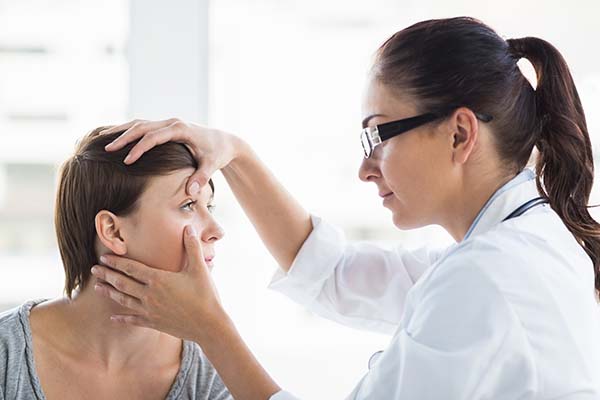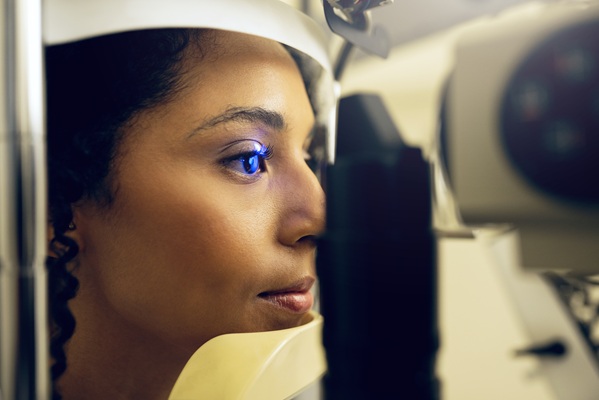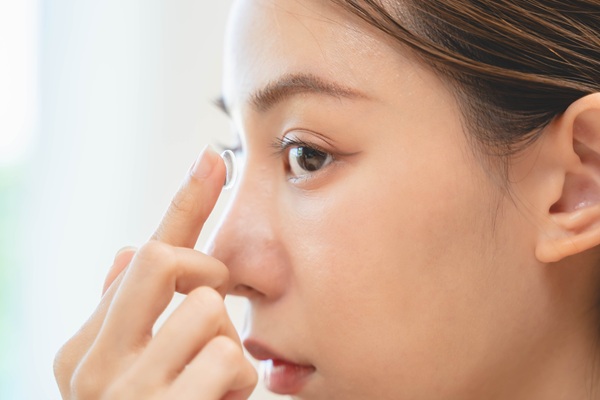What Types of Instances Fall Under Emergency Eye Care?

Curious about what constitutes emergency eye care? Read on to learn more. What constitutes an eye emergency can confuse many people, often causing delays in seeking necessary care. This article discusses the conditions that fall under emergency eye care, allowing individuals to make informed decisions about their eye health.
An overview of emergency eye care
Emergency eye care involves medical attention for conditions that pose an immediate risk to one’s vision or eye health. Unlike routine eye exams that monitor and manage ongoing eye health, emergency eye care addresses acute, potentially sight-threatening conditions. The following are conditions that typically require urgent eye care:
Trauma to the eye or eyelid
Unfortunately, trauma to the eye or eyelid is a common occurrence, often caused by sports accidents, workplace incidents, or blunt force. These injuries frequently result in emergency eye care visits, as the impact can range from minor discomfort to severe conditions that endanger vision.
For example, a simple scratch on the eye's surface, known as a corneal abrasion, can cause serious discomfort and increase infection risks. More serious injuries, such as a fractured eye socket, can lead to long-term complications like double vision or changes in eye shape. Eye trauma can also cause retinal detachments. This situation requires immediate surgical intervention to prevent permanent vision loss.
Sudden loss of vision
A sudden vision loss is alarming and indicates urgent medical attention. This condition could result from several underlying issues. For instance, retinal detachment happens when the retina, the light-sensitive layer behind the eye, separates from the tissue that supports it. Putting off treatment can cause permanent vision loss.
Vascular occlusions, or blockages in the eye's blood vessels, can also lead to sudden vision loss and may be a sign of a more serious heart problem. Another serious reason for sudden vision loss is neurological conditions, such as strokes that damage the pathways carrying vision signals.
Severe eye pain
Severe eye pain, headaches, nausea, and light sensitivity are common symptoms of a serious eye condition. A condition like acute glaucoma can make the eye pressure rise quickly, which can cause a lot of pain and loss of vision. To lower the pressure and stop permanent damage, patients need to see a doctor right away. Also, advanced infections, major injuries, or corneal ulcers can cause severe eye pain.
Chemical exposure
Accidental exposure to chemicals at home with cleaning products or at work could result om eye burns. Depending on the substance and exposure duration, these injuries can be mild, moderate, or severe. Flushing the eyes immediately and getting medical help right away can help limit the damage. Alkali burns are particularly dangerous because they tend to penetrate the eye tissues, which can cause more severe injuries compared to acidic burns.
Foreign objects in the eye
Small particles like dust or sand in the eye typically cause minor irritation and are often easily flushed out. Larger or sharper objects are even more dangerous. If an object enters the eye, it can lead to infections, internal damage, or even affect the structural integrity of the eye. If irritation or discomfort persists after removing small particles, it is advisable to seek medical attention to rule out any eye injury.
Infections and inflammation
Symptoms such as severe redness, swelling, discharge, or the sensation of something in the eye often indicate infections like conjunctivitis (pink eye) or more severe conditions like keratitis, a cornea inflammation. Bacteria, viruses, or other pathogens can cause these conditions. Delaying treatment can lead to complications, including corneal scarring or vision impairment.
Flashes of light or floaters
A sudden increase in floaters (specks or threads drifting around the field of vision) or light flashes can mean retinal issues, such as a tear or detachment. These symptoms may also come with a shadow or curtain effect over one’s vision. Serious retinal problems require immediate medical attention to prevent long-term damage or vision loss.
Final note
While not all eye emergencies are preventable, awareness and caution can reduce risks. Wearing protective eyewear during sports or hazardous work activities, being cautious with chemicals, and maintaining good eye hygiene can reduce the likelihood of some emergencies.
Also, knowing when to seek emergency eye care is crucial. Whether it is a traumatic injury, sudden changes in vision, or severe pain or discomfort, seeking immediate medical attention can preserve your vision and overall quality of life. You should avoid trying home remedies before speaking to an eye doctor. Remember, when it comes to eye health, it is always better to be cautious and seek professional advice promptly.
Get more information here: https://www.texasoptical.net or call Texas Optical at (214) 771-7333
Check out what others are saying about our services on Yelp: Emergency Eye Care in Dallas, TX.
Recent Posts
For those living with diabetes, undergoing a diabetic eye exam is one of the most important steps in protecting their vision and overall eye health. High blood sugar levels can lead to a range of complications, including conditions that damage the eyes over time. These exams help detect these issues before they become serious, allowing…
Contact lenses provide clear vision and convenience for individuals who prefer an alternative to eyeglasses. However, proper care and maintenance are essential to prevent infections, irritation, and eye damage. Neglecting hygiene practices can lead to serious eye conditions, including corneal ulcers and keratitis. Understanding how to clean, store, and handle contact lenses ensures long-term eye…
Maintaining eye health and preventing long-term issues is the result of consistent and quality vision care. Many people focus on overall wellness but may overlook daily habits that support healthy eyesight. However, taking simple steps each day can protect vision, reduce eye strain, and prevent future complications. By making eye health a priority, it is…
Prescription contacts provide vision correction, comfort, and convenience for those who do not want to wear glasses. However, caring for and wearing contacts takes some getting used to. Learning to insert, remove, and maintain them will help ensure a comfortable and safe experience.Not all contact lenses are the same, and choosing the right pair is…


